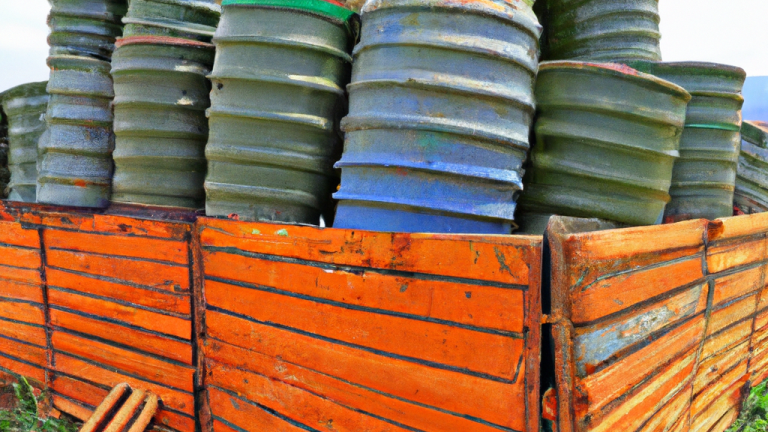Turn Your Waste into Gold: The Art of Composting
Composting is an ancient practice that has gained increasing attention today due to its environmental benefits. Transforming organic waste into high-quality compost is an effective way to reduce the amount of waste sent to landfills and contribute to soil and plant health.
What is Composting?
Composting is a natural biological process where microorganisms break down organic materials, such as food scraps, leaves, grass clippings, and other plant waste, transforming them into a soil-like material known as compost. This compost is nutrient-rich and can be used to enhance soil fertility in gardens, vegetable patches, and farms.
Benefits of Composting
Composting offers numerous benefits for both the environment and individuals who practice it. Some of the main benefits include:
- Reducing the amount of waste sent to landfills, contributing to environmental preservation.
- Improving soil quality by increasing its fertility and water retention capacity.
- Reducing the need for chemical fertilizers, which can be harmful to the environment and human health.
- Promoting soil biodiversity by stimulating the activity of beneficial microorganisms.
- Saving money on the purchase of commercial fertilizers and soil amendments.
How to Compost at Home
Home composting is a simple and effective way to reduce organic waste and produce quality compost for your plants. To start composting at home, follow these steps:
- Choose a suitable location for the compost bin, preferably in a shaded area with good drainage.
- Purchase or build a compost bin, which can be made from materials like wood, plastic, or metal.
- Gather organic waste to compost, such as fruit and vegetable scraps, eggshells, coffee grounds, and leaves.
- Alternate layers of green waste (rich in nitrogen) and dry waste (rich in carbon) in the compost bin, ensuring a balanced ratio between them.
- Keep the compost bin moist and aerated, turning the material regularly to promote decomposition.
- In a few weeks or months, depending on conditions, the compost will be ready to use in the soil.
To learn more about conserving nature and protecting the planet, check out our post 10 Simple Ways to Conserve Nature and Protect the Planet.
Community Composting
In addition to home composting, many communities are adopting community composting as a way to reduce waste and promote sustainability. In this model, residents come together to create a shared composting space where they can deposit their organic waste and collaborate in producing compost for collective use.
To learn more about the dangers of water pollution, check out our post Invisible Dangers: Uncovering the Truth Behind Water Pollution.
Tips for Efficient Composting
To ensure your composting is efficient and produces high-quality compost, follow these tips:
- Use a variety of organic waste to ensure a balanced mix of nutrients.
- Cut waste into smaller pieces to speed up the decomposition process.
- Keep the compost bin moist but not waterlogged to ensure microorganism activity.
- Compost aerators, like rods or forks, can be used to aerate the compost and speed up decomposition.
- Avoid adding animal waste, such as meat and dairy, which can attract pests and cause unpleasant odors.
To learn more about the importance of nature conservation, check out our post Preserving the Future: The Importance of Nature Conservation.
Conclusion
Composting is a simple and accessible practice that offers numerous benefits for the environment and those who practice it. By turning organic waste into high-quality compost, it’s possible to reduce waste, improve soil fertility, and promote sustainability. Therefore, if you want to contribute to a healthier and more sustainable planet, consider adopting composting into your routine and turn your waste into gold!
